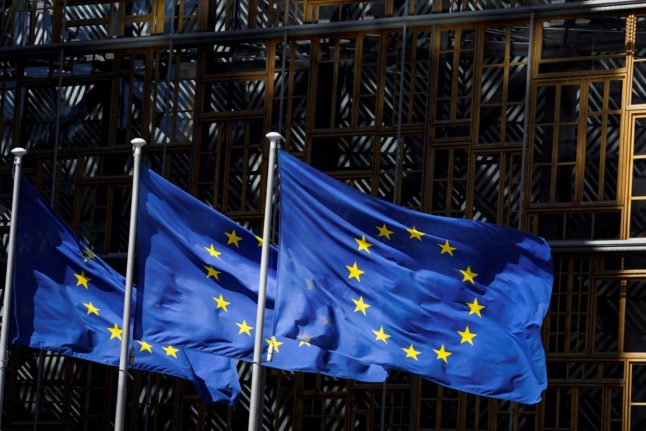 Photo: AFP
Photo: AFP
Paris accueillera l’Autorité bancaire européenne ! C’est la reconnaissance de l’attractivité et de l’engagement européen de la France. Heureux et fier pour notre pays.
— Emmanuel Macron (@EmmanuelMacron) November 20, 2017
“#Brexit: 2,500 jobs already announced for Ile-de-France, with a target of 10,000 by 2019,” Valerie Pecresse tweeted on a visit to London to meet representatives of 70 internationally-focused companies based in London.
Pecresse's figure concerns large financial companies, so the total could be closer to 3,500 and 4,000 posts once small businesses are taken into account, Arnaud de Bresson, chief executive of financial lobby group Paris Europlace and who was part of the visit, told AFP by telephone.
READ ALSO: Brexit and Macron: Why we're leaving London for Paris

Large financial institutions, including British bank HSBC, Swiss peer UBS and US giants JPMorgan and Morgan Stanley, have confirmed plans to move some activities to Paris, as well as to Amsterdam, Dublin and Frankfurt, as a result of Britain's departure from the European Union.
The Bank of England said this month that 10,000 UK financial services jobs could move abroad on the first day of Brexit, after warnings of up to 75,000 relocations in total.
Britain is set to leave the bloc in March 2019, but remains locked in tough exit negotiations with the EU.



 Please whitelist us to continue reading.
Please whitelist us to continue reading.